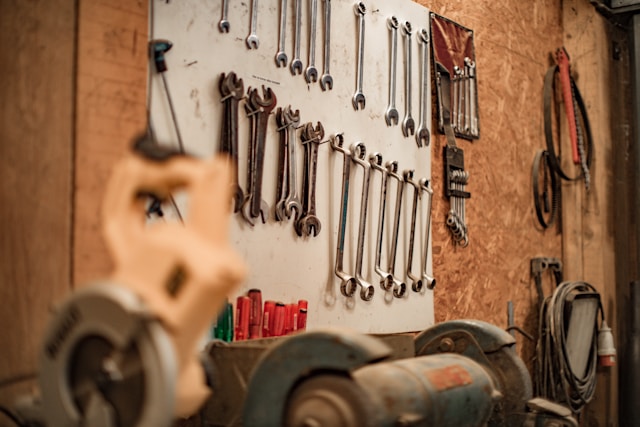Solar energy is a rich source of energy for electricity and power generation. However, the use of solar energy in the automotive sector remains modest despite extensive research and experiments. A Dutch carmaker has managed to turn this challenge over with its coming launch of the new solar-powered car model.
Lightyear, an automaking startup, introduced the world’s first solar-powered passenger cars earlier in 2022, a breakthrough that seeks to position solar energy in the car sector. In September’s announcement, the company said that the production of the car will commence in the coming months.
The announcement came shortly after the firm said that it had successfully secured $81 million in funding. The vehicle, known as the Lightyear 0 model, will feature solar panels that can charge the battery. The company claims that the Lightyear 0 can theoretically run without being charged for a period of several months.
According to the company’s CEO and co-founder, Lex Hoefsloot, Lightyear 0 offers more inventive features than its prototype, Lightyear One, which was introduced to the market two years ago. Despite the fact that the two vehicles have many similarities. These features include the powertrain with the highest efficiency and consumption that uses the least amount of energy.
It’s possible that the price will be the largest obstacle standing in the way of commercial viability. In addition to this, bad weather conditions make it difficult to charge the battery. Lightyear is working hard to build a model that is more competitively priced.
Replacing fuel-powered vehicles with solar-powered ones is a sustainable idea that gets favorable votes from the European Union. It could make a significant contribution to the organization’s climate target. EU aims to cut down 50% of gasoline-intensive cars by 2030 and completely ban these cars by 2035.
Lightyear undoubtedly holds promises to further expand if it has full capacity. However, it is still a distant future with the question of demands. It is impossible to achieve an instant replacement since it entails widespread abandonment of habits that have been there for decades.






